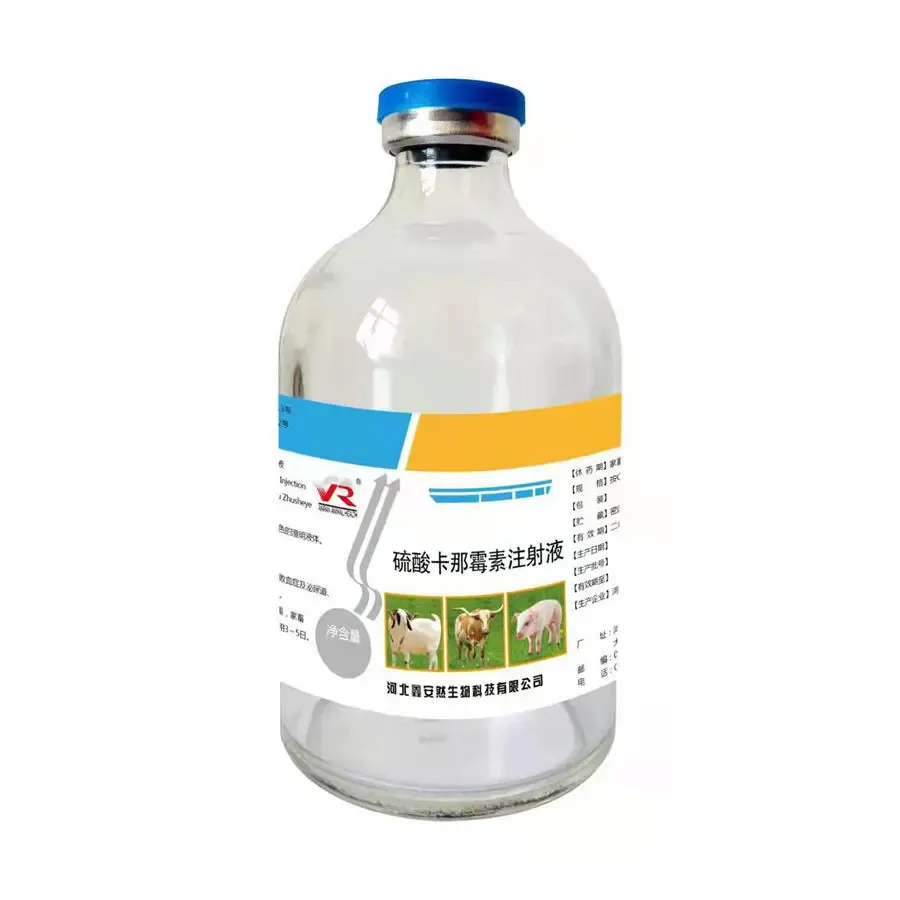- Afrikaans
- Albanian
- Amharic
- Arabic
- Armenian
- Azerbaijani
- Basque
- Belarusian
- Bengali
- Bosnian
- Bulgarian
- Catalan
- Cebuano
- Corsican
- Croatian
- Czech
- Danish
- Dutch
- English
- Esperanto
- Estonian
- Finnish
- French
- Frisian
- Galician
- Georgian
- German
- Greek
- Gujarati
- Haitian Creole
- hausa
- hawaiian
- Hebrew
- Hindi
- Miao
- Hungarian
- Icelandic
- igbo
- Indonesian
- irish
- Italian
- Japanese
- Javanese
- Kannada
- kazakh
- Khmer
- Rwandese
- Korean
- Kurdish
- Kyrgyz
- Lao
- Latin
- Latvian
- Lithuanian
- Luxembourgish
- Macedonian
- Malgashi
- Malay
- Malayalam
- Maltese
- Maori
- Marathi
- Mongolian
- Myanmar
- Nepali
- Norwegian
- Norwegian
- Occitan
- Pashto
- Persian
- Polish
- Portuguese
- Punjabi
- Romanian
- Russian
- Samoan
- Scottish Gaelic
- Serbian
- Sesotho
- Shona
- Sindhi
- Sinhala
- Slovak
- Slovenian
- Somali
- Spanish
- Sundanese
- Swahili
- Swedish
- Tagalog
- Tajik
- Tamil
- Tatar
- Telugu
- Thai
- Turkish
- Turkmen
- Ukrainian
- Urdu
- Uighur
- Uzbek
- Vietnamese
- Welsh
- Bantu
- Yiddish
- Yoruba
- Zulu
9 月 . 11, 2024 07:42 Back to list
Effective Treatments for Skin Parasites in Humans
What Kills Skin Parasites in Humans?
Skin parasites are organisms that invade and live on the human skin or hair, causing various health issues ranging from mild irritation to severe infections. Common skin parasites include lice, scabies mites, and fleas, which can lead to discomfort and secondary infections if not treated properly. Understanding how to kill these parasites is crucial for effective treatment and prevention.
1. Topical Treatments
Topical treatments are often the first line of defense against skin parasites. For instance, medicated creams and lotions containing permethrin or benzyl benzoate are commonly used for scabies. Permethrin disrupts the nerve signals of the mites, effectively killing them. Similarly, lotions containing pyrethrins are used to eliminate lice. These treatments are usually applied directly to the infested area and left on for a specified period before being washed off.
In more severe cases, oral medications may be necessary. Ivermectin is a widely used antiparasitic medication that can be effective against scabies and lice in some cases. It works by affecting the nervous system of the parasites, leading to their death. This medication is particularly beneficial for individuals who have extensive infestations or cannot use topical treatments due to skin sensitivities.
3. Environmental Control
what kills skin parasites in humans

Killing parasites on the skin is only part of the solution; addressing their habitat is equally important. Regularly washing bedding, clothing, and any other fabric that may have come into contact with infested individuals is vital. Hot water (at least 130°F or 54°C) should be used, followed by thorough drying, as high temperatures can kill parasites and their eggs. Vacuuming carpets and upholstered furniture also helps remove any eggs or larvae present in the environment.
4. Natural Remedies
Some individuals may prefer natural remedies for treating skin parasites. Essential oils, such as tea tree oil and neem oil, have shown some efficacy against parasites and may provide relief from itching and inflammation. However, it is essential to use these oils with caution and preferably under the guidance of a healthcare professional, as they can also cause skin irritation in some cases.
5. Prevention Strategies
Preventing infestations is key to managing skin parasites effectively. Maintaining good hygiene practices, such as regular bathing and grooming, can help minimize the risk. Avoiding close contact with infested individuals and not sharing personal items like combs, hats, or clothing is also crucial.
Conclusion
In conclusion, addressing skin parasites in humans involves a combination of topical and oral treatments, environmental control, and preventive strategies. Understanding what kills skin parasites is essential for effective treatment. If you suspect an infestation, it is advisable to consult a healthcare professional for appropriate diagnosis and tailored treatment options. Prompt action can alleviate discomfort and prevent more serious complications associated with these pests.
-
The Power of Radix Isatidis Extract for Your Health and Wellness
NewsOct.29,2024
-
Neomycin Sulfate Soluble Powder: A Versatile Solution for Pet Health
NewsOct.29,2024
-
Lincomycin Hydrochloride Soluble Powder – The Essential Solution
NewsOct.29,2024
-
Garamycin Gentamicin Sulfate for Effective Infection Control
NewsOct.29,2024
-
Doxycycline Hyclate Soluble Powder: Your Antibiotic Needs
NewsOct.29,2024
-
Tilmicosin Premix: The Ultimate Solution for Poultry Health
NewsOct.29,2024













